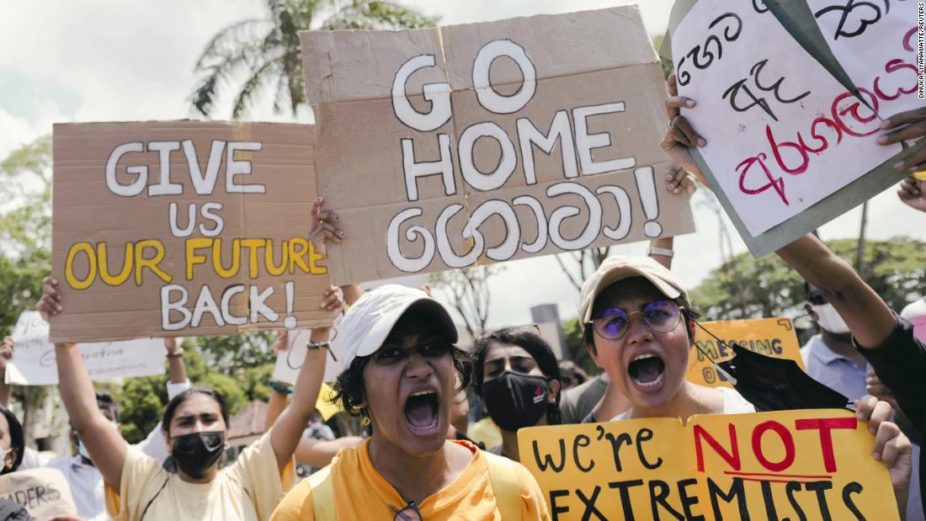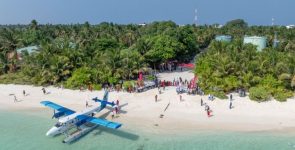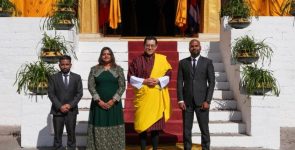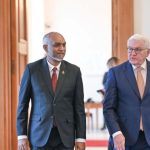
The Sri Lankan economy has suffered a great sum of damage due to the Covid pandemic, which had a harmful impact on several industries, especially the tourism industry. Consequently, the economy found itself with inadequate foreign exchange reserves of $1.5 billion and a sharp decline in the value of the Sri Lankan rupee. The reduction in remittances as well as economic mismanagement further contributed to the current crisis, moreover, it has caused a severe shortage of essential items. Instead of managing the crisis by bringing the stakeholders together in order to formulate a strategy, the government decided that it is more important to forcefully regulate the protests happening outside the presidential palace. This angered the opposition and hence they broadened their movement by demanding resignation from the President and his circle, particularly his family members who occupy the post of Prime Minister and other cabinet portfolios.
By the end of February, Sri Lanka’s foreign exchange reserves shrank to $735 million, which caused a reduction in their credit rating. The already depleted foreign exchange reserves suffered from even more damage after a rise in global crude oil prices. Prices of essential household items also quadrupled. In March, the government increased the prices of petrol by 43.5% and diesel by 45.5% further burdening the country’s citizens. Although the country received a $1 billion bailout package from India, it will be insufficient to meet the purchasing needs of essential items. Apart from this, the country also needs to pay a debt of over $6 billion soon.
Three major lessons can be learned from the ongoing turmoil in Sri Lanka in terms of economic management, planning, leadership qualities for good governance, rule of law, accountability, and eradicating corruption.
The first one being, despite the regime’s imposition of curfew, bans, and the use of force to revoke popular protests against the Rajapaksa family, the people have continued to defy the regime. The opposition-led alliance Samagi Jana Balawegaya (SJB) gas condemned both the President and Prime Minister for incompetence. They have also refused to join the National Unity Government proposed by the President. Even though the Rajapaksa regime has committed serious human rights violations, the people have demonstrated strong resilience and will be continuing demonstrations against the government.
Secod, the Sri Lankan elites have long benefited from a system based on political patronage and corruption will not be spared by the ongoing crises. Despite having accumulated significant wealth over the years, the elites have remained adamant about making any sacrifices for the country. Sooner rather than later, the elites will begin feeling the impact of the crises and will need to make crucial decisions.
And thirdly, Sri Lanka is a major test case for democracy, governance, rule of law and accountability. If the military with the aid of other security agencies takes control and restricts the Rajapaksa family, democracy will be derailed, and the future political forces will become weaker. The absence of a crisis management mechanism has created a power vacuum, which threatens both the present and the future of the country. Had there been political will and determination amongst the political forces of the country, Sri Lanka could have undertaken measures for recovery.












